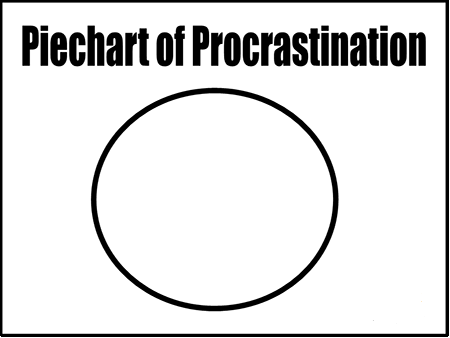Results
It's why you work out.
CrossFit breeds results, and even if you don't follow CrossFit, the strength and conditioning work you do acts in conjunction with your recovery and nutrition habits to produce fitness benefits.
We've just finished a Nutrition Challenge here at CrossFit Amplify, as evident on our July Paleo Challenge Winners page, where you can read just two of the inspiring success stories from recent months.
The fun part is not always the journey. It can be, but usually that's the part that hurts. That's the part that people put off or avoid, and therefore don't achieve the results they were originally looking for. The workouts themselves are both arduous and addictive, the latter because of results. The human brain has a similar dichotomy, looking for balance and often the path of least resistance but also thriving on difficult and challenging tasks. This is generally referred to as homeostasis and stress. (Check a little bit of research here, here, and here.)
Besides physical adaptation, it's the results that cause change mentally and emotionally. This is good, of course, but the addictive nature of endorphins and neurotransmitters (dopamine, seratonin, and norepinephrine) can cause people to go overboard with their workouts. As previously mentioned, it's the steady balance of physical training (stress) and recovery (homeostasis) that is so necessary in humans to have a healthy life.
If we get back to the concept of results in fitness, it's obvious that a person doesn't experience changes in strength and/or conditioning without hard work. The process is important. And being smart with that process is essential. We've touched on this topic before. Remember?

As a sidenote, it's been debated whether true strength gains can occur simultaneously as bodyweight is being decreased. Meaning, can a person get stronger while losing weight? If we focus on body fat, and not just overall weight (we all know the issue with looking strictly at the number on the scale), then the answer is yes. One can minimize body fat and develop muscular hypertrophy. It's commonly known and seen as a shift in body composition. And while we're at it, the low rep/high weight vs. high rep/low weight concept is also in constant debate. (Quick read here.) Topics for another time, maybe, but at least worth mentioning as we discuss fitness results. As for our inclusion in a generalized strength and conditioning program, the simple answer is it makes sense to do both. So you'll see us program low reps with heavy loads, and also higher reps with lighter implements or at bodyweight. Think of a 1repmax Back Squat versus 150 Wall Ball Shots for time. Both get their due respect.
If we do an internet search for 'fitness results' we come up with hundreds of success stories, especially in recent years and with CrossFit in particular. They come in all shapes and sizes, just like the people in the stories. It could be a story on the typical CrossFit program's results, an enormous weight loss for improved health and longevity, or an already fit individual doing the seemingly impossible.
Here are a few worth checking out:
"CrossFit Promises Tough Workout, Results"
The Tim Baldry Story
Ultra Marathons, on CrossFit Training
So while the physical challenge is both required for results and a good stressor for the brain, the strength gains and increases in conditioning (and especially any outwardly aesthetic/physical results) are also healthy for brain development and serve as positive reinforcement. "Keep going," you tell yourself... "It's working."
That it is. Relish the process, and enjoy the results.
-Scott, 9.3.2012
